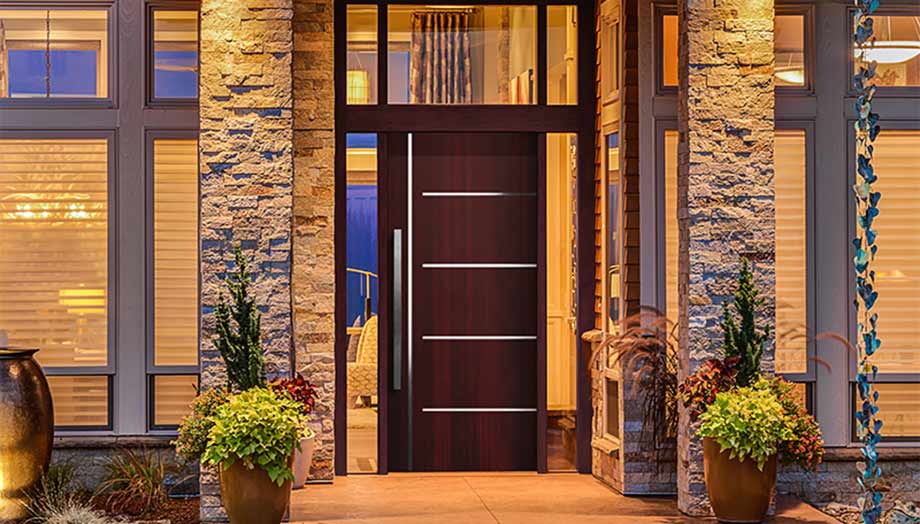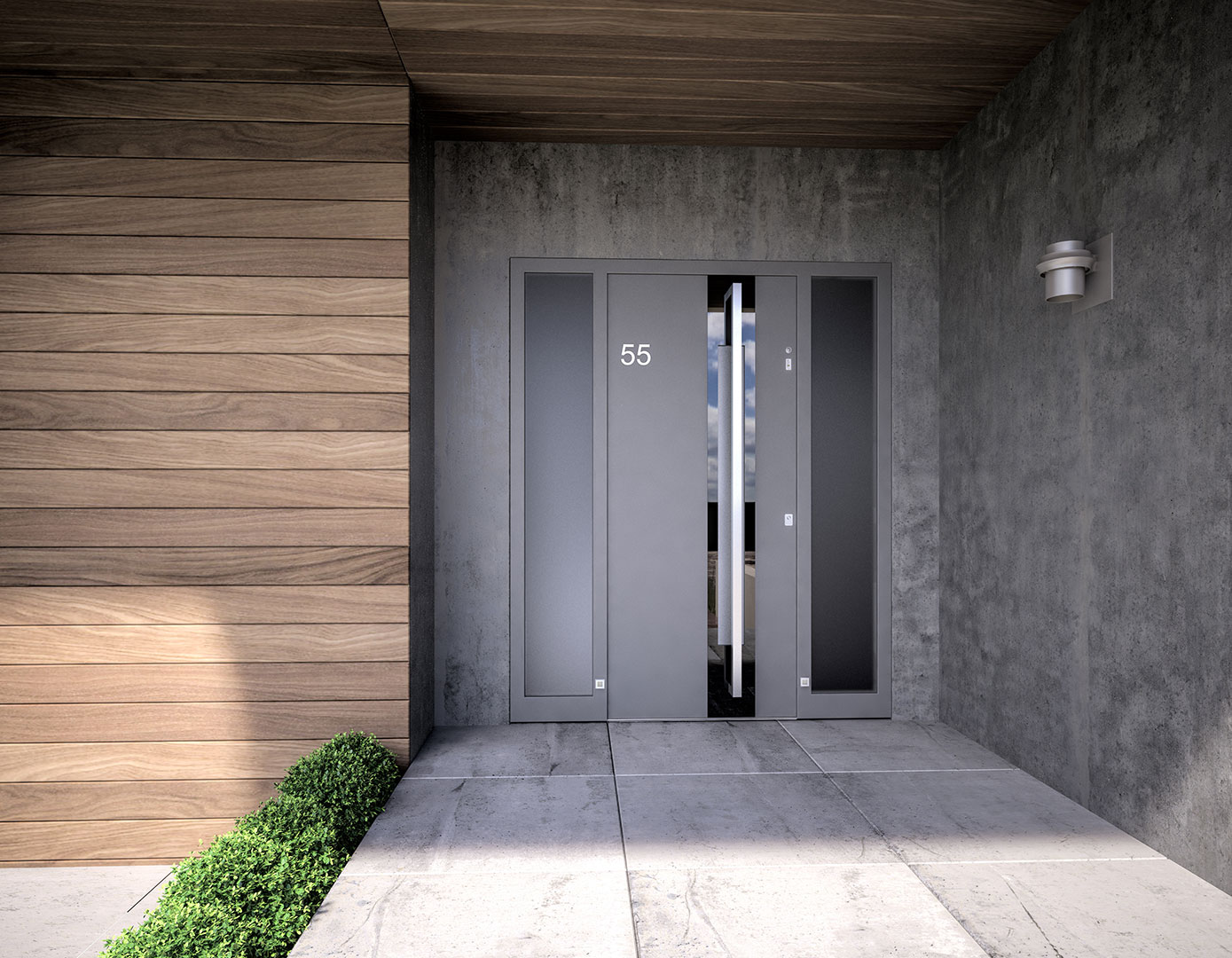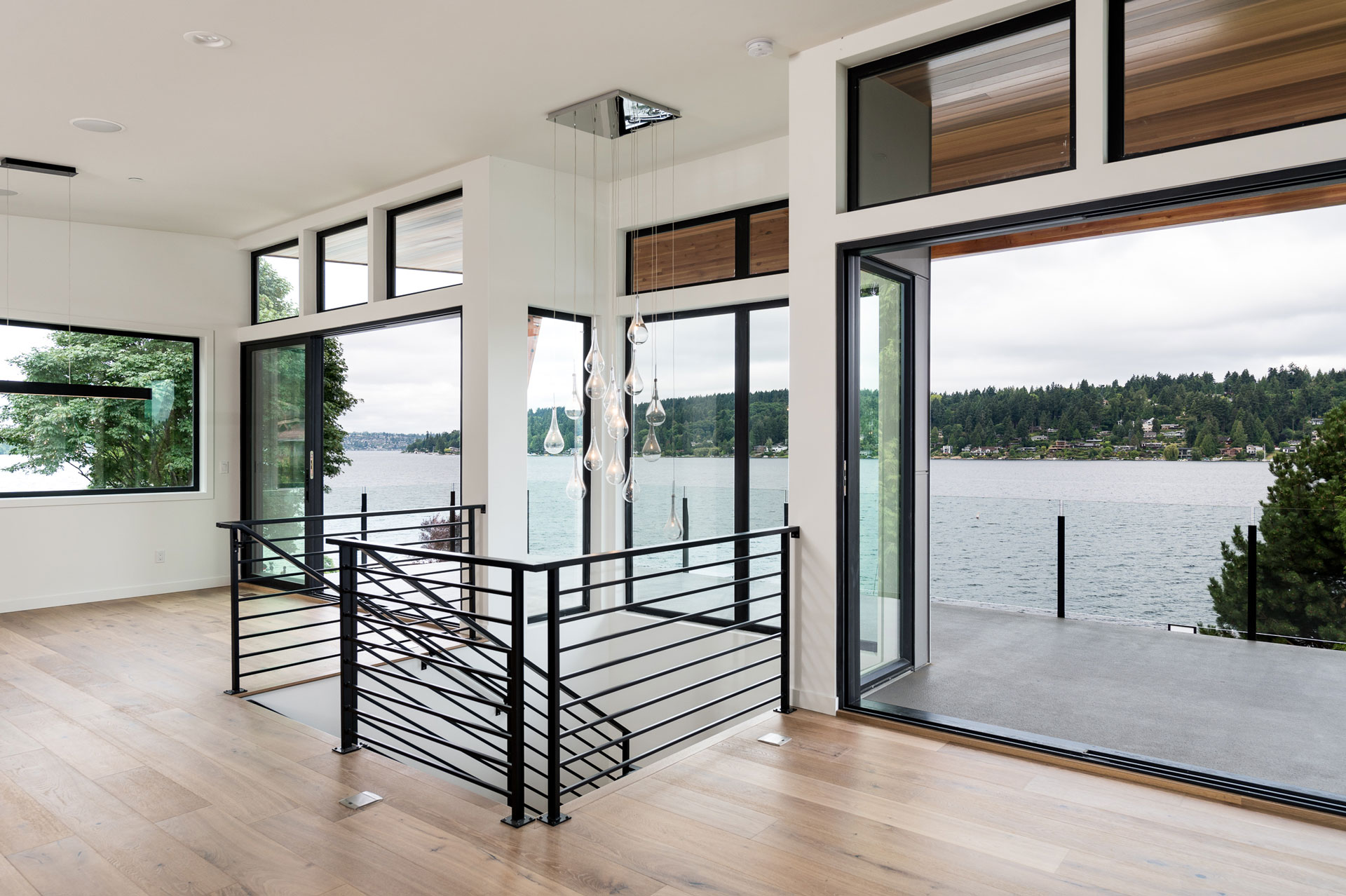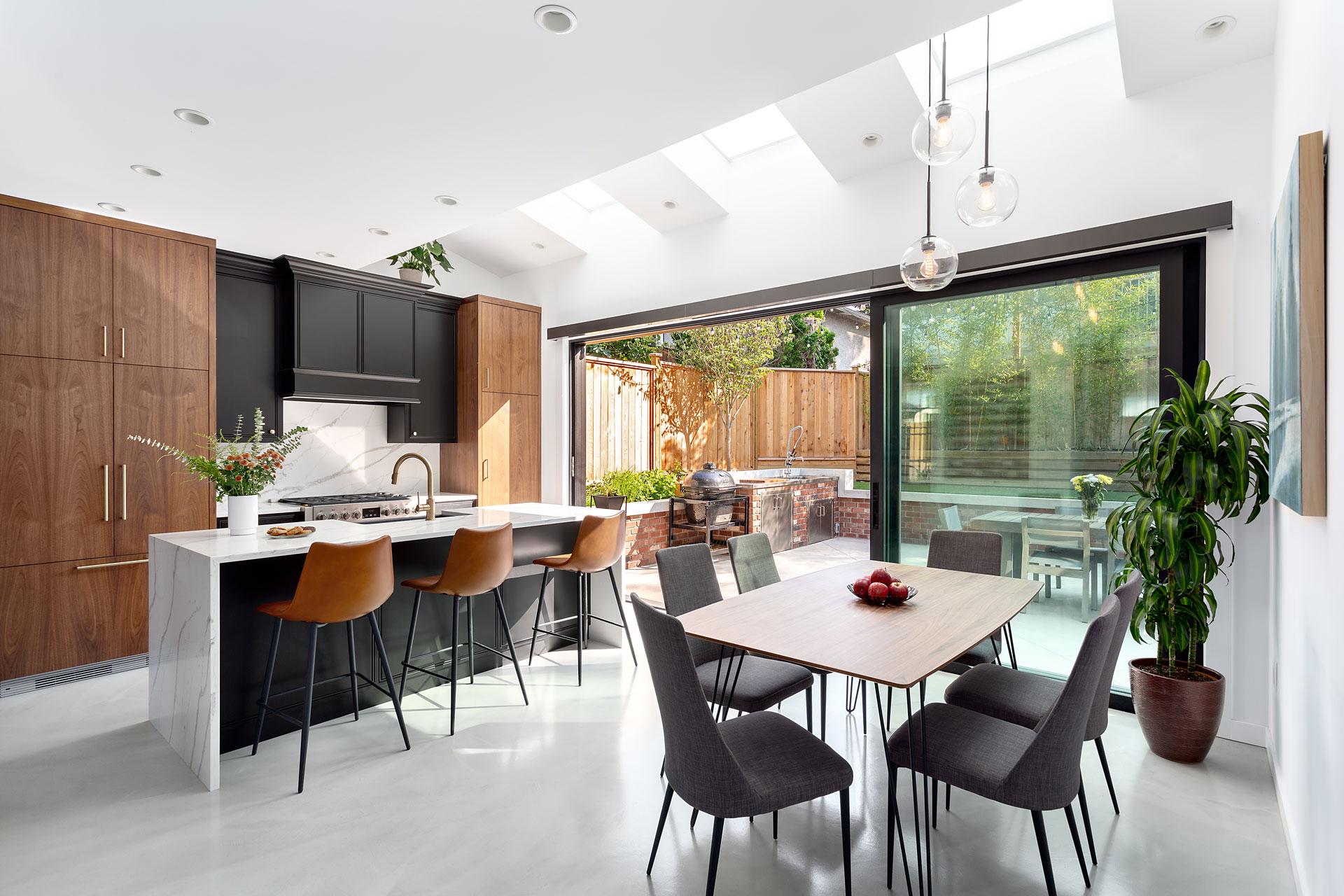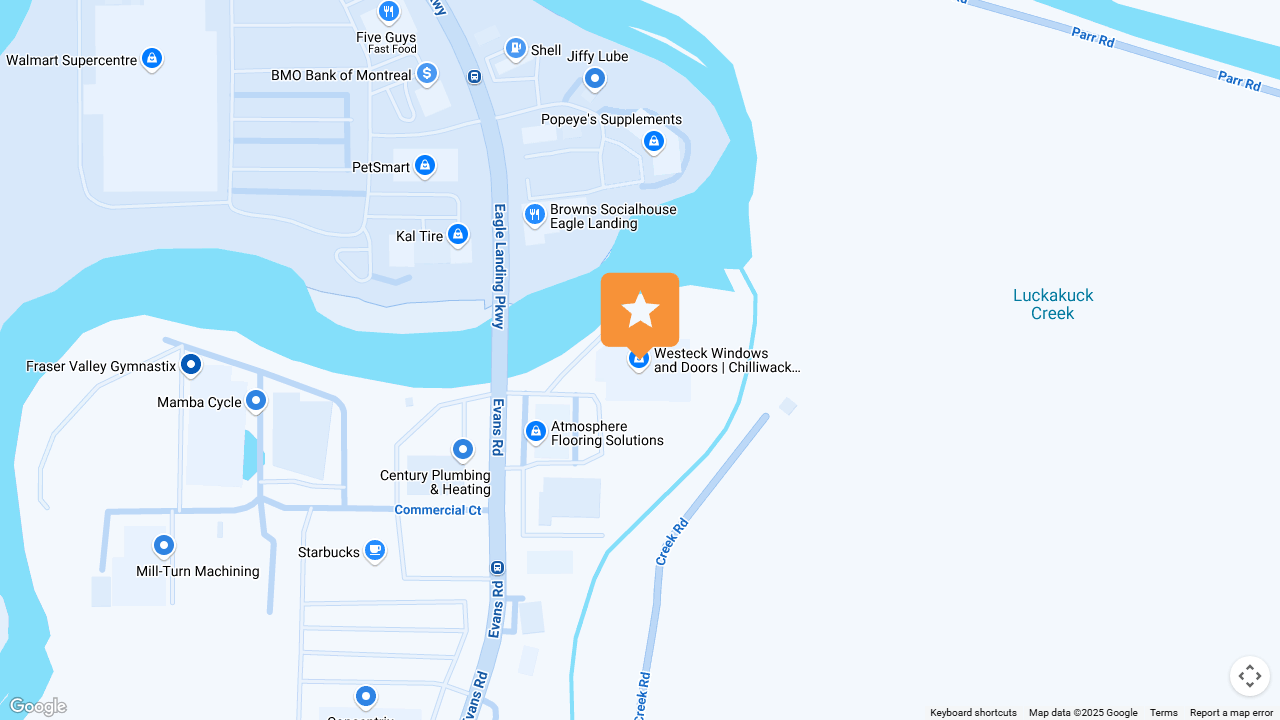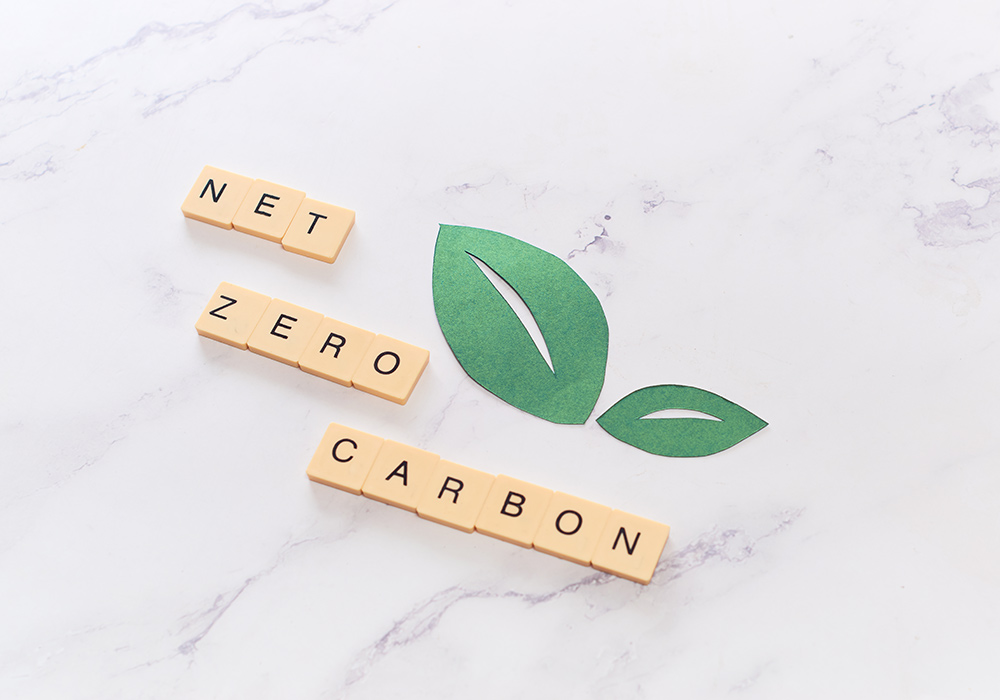*Images and content courtesy of Pembina Institute
Pembina Institute sends a joint industry letter to B.C. municipal councils to adopt the Zero Carbon Step Code by 2025.
Pembina Institute is working to solve today’s greatest energy challenges — reducing the harmful impacts of fossil fuels while supporting the transition to an energy system that is clean, safe and sustains a high quality of life.
“To the mayors and councils of British Columbia:
We are writing to express our support for adopting the Zero Carbon Step Code.
British Columbia is a leader in building high performance homes and buildings and plays an important role in creating and sharing best practices on energy efficiency, not just in Canada, but across North America.
We have the experience and know-how to build highly energy efficient low- and zero-carbon homes in communities across B.C.
As practitioners, professionals and advocates in the buildings sector, we are urging local governments to recognize these capabilities and adopt the highest tier of Zero Carbon Step Code no later than 2025.
The Zero Carbon Step Code is an important new tool that enables local governments to meet climate targets associated with buildings by putting carbon pollution standards in place for all new homes and buildings constructed in your communities. In addition to reducing emissions, meeting the highest tier of the Zero Carbon Step Code will result in health and other non-energy benefits for British Columbians, including:
Creating healthier more comfortable buildings
Buildings constructed with improved temperature regulation and indoor air quality are becoming more important as people seek shelter from the increasingly extreme weather that is leading to colder winters and hotter, smokier summers.
Reducing energy bills
Saanich’s recent Make the Switch study has demonstrated that homes with more energy efficient electric heat pumps cost less to heat than those with gas furnaces. In combination with the Energy Step Code, new buildings could be ultra-energy efficient, consume less energy and have lower energy bills compared to those built under the minimum requirements of the existing B.C. Building Code.
Planning for the future and avoiding costly upgrades
Delaying zero carbon requirements means locking in gas space- and water-heating equipment until they need replacement. Given this equipment has a lifespan of about 20 to 30 years, this will lock in future emissions and make it challenging to comply with the Province’s future zero carbon equipment requirements that are scheduled to come into effect by 2030. The costs for remaining gas customers will increase because as more existing homes make the switch to electric heating equipment and new ones are built to the Zero Carbon Step Code, there will be fewer customers remaining to pay for the gas infrastructure.
Supporting B.C.’s green building economy
B.C. is leading the way in building equipment, technology, materials and services. In 2020, there were more than 21,000 green building jobs in B.C. and the continued efforts to decarbonize the building sector will result in economic growth opportunities across the province.
Achieving local government climate goals
Fossil fuels burned for space and water heating in homes and buildings represents between 25 per cent and 60 per cent of the carbon emissions associated with local governments. Eliminating the emissions associated with buildings is a key action in reaching both local and provincial climate targets.
Recent analysis and experience are demonstrating that all-electric buildings can be designed and constructed with zero to minimal additional cost. A study by ZEBx concluded that high-performance, all electric buildings can be constructed for less than the average cost of similar code-minimum buildings.
We recognize the costs associated with higher building standards will vary depending on the design and experience of the teams involved, as well as location. We are nonetheless confident our sector is ready and able to deliver zero carbon buildings cost-effectively and ensure the province meets its CleanBC commitments for our sector.
We strongly urge your government to adopt the highest tier of the Zero Carbon Step Code for all new homes and buildings no later than 2025.’
Westeck isn’t just about products—it’s about service and innovation. The Westeck team is dedicated to guiding you through the selection process, ensuring you get the perfect fit for your home. And with a focus on continuous improvement, staying ahead of trends, ultimately providing you with the latest in window and door technology. Choosing Westeck means investing in quality, style, and peace of mind. Whether it’s windows, doors, or patio doors, Westeck offers solutions that enhance your home’s beauty, comfort, and efficiency. So why settle for anything less? Upgrade your space with Westeck and enjoy the perfect blend of form and function.
Westeck is a premier manufacturer of windows and doors. All major North American and European windows and doors are locally manufactured and proudly displayed in seven well-appointed showrooms including Kelowna, Victoria, Vancouver, Chilliwack, Nanaimo, Kirkland and Bellingham in Washington State. Each window and door is built to order, our customer have the freedom to design and create a product that is unique and personal. Enjoy our latest line of energy efficient windows and doors designed to enhance modern and contemporary architecture.
If you’d like to learn more about our windows, doors, and patio openings contact us Toll-free (US/Canada): 1-877-606-1166 or email us at sales@westeckwindows.com for a consultation with one of our Project Consultants.
